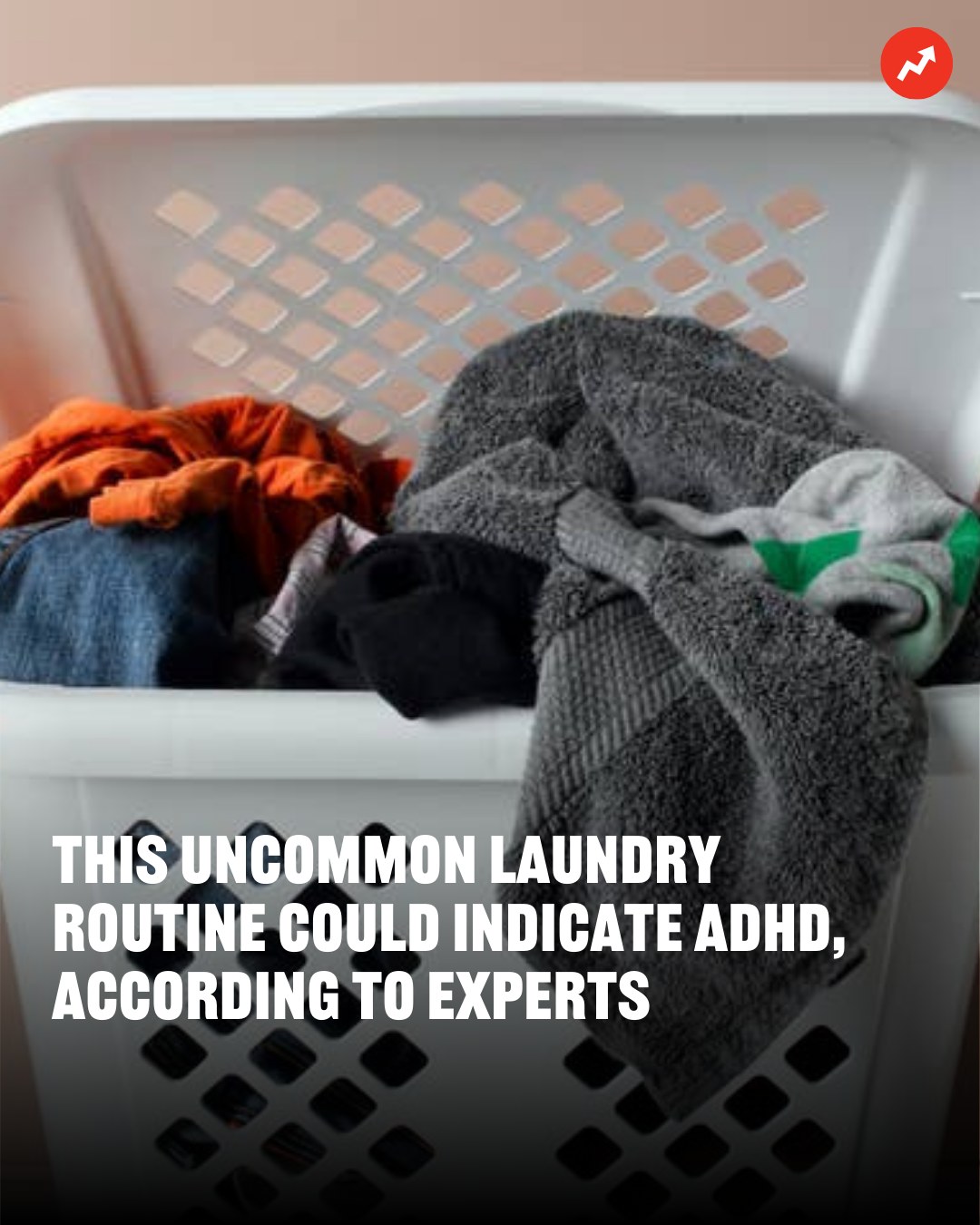For example, paring your clothes down to a simple capsule wardrobe might be the perfect answer for someone who would like to have fewer clothes to wash and therefore shorten the task of laundry. But someone else may feel too constricted by having such limited options for what to wear every day.
“Similarly, someone might benefit from what’s called ‘chunking,’ or splitting a larger task up into smaller, more manageable steps and doing a little bit each day,” Bloom said. “Someone else might prefer to schedule an hour block each week for laundry and pair it with a favorite podcast or TV show — this is called ‘pairing.’ Each strategy is great, but they are totally different.”
Roberts recommended trying ADHD productivity hacks that increase accountability.
“An example of this would be body doubling — having someone sit with you while you get started,” he said. “Another strategy to make a task that is boring less boring is … to make it less boring. Look for ways to increase novelty — making a game out of it, listening to new music while you do it — or find ways to increase immediate rewards once a task is complete.”
You might allow yourself to binge one or two episodes of your new favorite TV show after tackling the laundry clutter, for instance.
“If you have enough space, buy extras so that you don’t have to do laundry as often,” Matlen said. “For example, buy two weeks’ worth of underwear and socks. Buy the same color and same brand of socks so that they’re easily paired with a mate.”
If your floordrobe gets out of control, consider if there are bigger emotional roadblocks at play.
“Anxiety and perfectionism can create an avoidance of mess, or task aversion paired with hopelessness can be a sign of depression,” Roberts said. “Since ADHD can co-occur with many other mental health concerns, it can be helpful to monitor if this is a ‘typical floordrobe’ or if it’s starting to feel like an ‘epic floordrobe,’ which might mean some additional mental health support is needed.”
Whatever your situation, try to be kind to yourself and do your best to remove any feelings of shame. If you want to make changes, understand that shifting habits can take time, so resist the urge to give up too quickly.
And remember that you don’t necessarily have to make any changes.
“Check in with yourself,” Bloom said. “Do you care if you have a floordrobe? If it doesn’t bother you, feel free to move on.”
For lots more laundry trips and tricks, listen to our “secrets of doing laundry” episode of HuffPost’s “Am I Doing It Wrong?” podcast featuring laundry expert Patric Richardson.
ADVERTISEMENT
